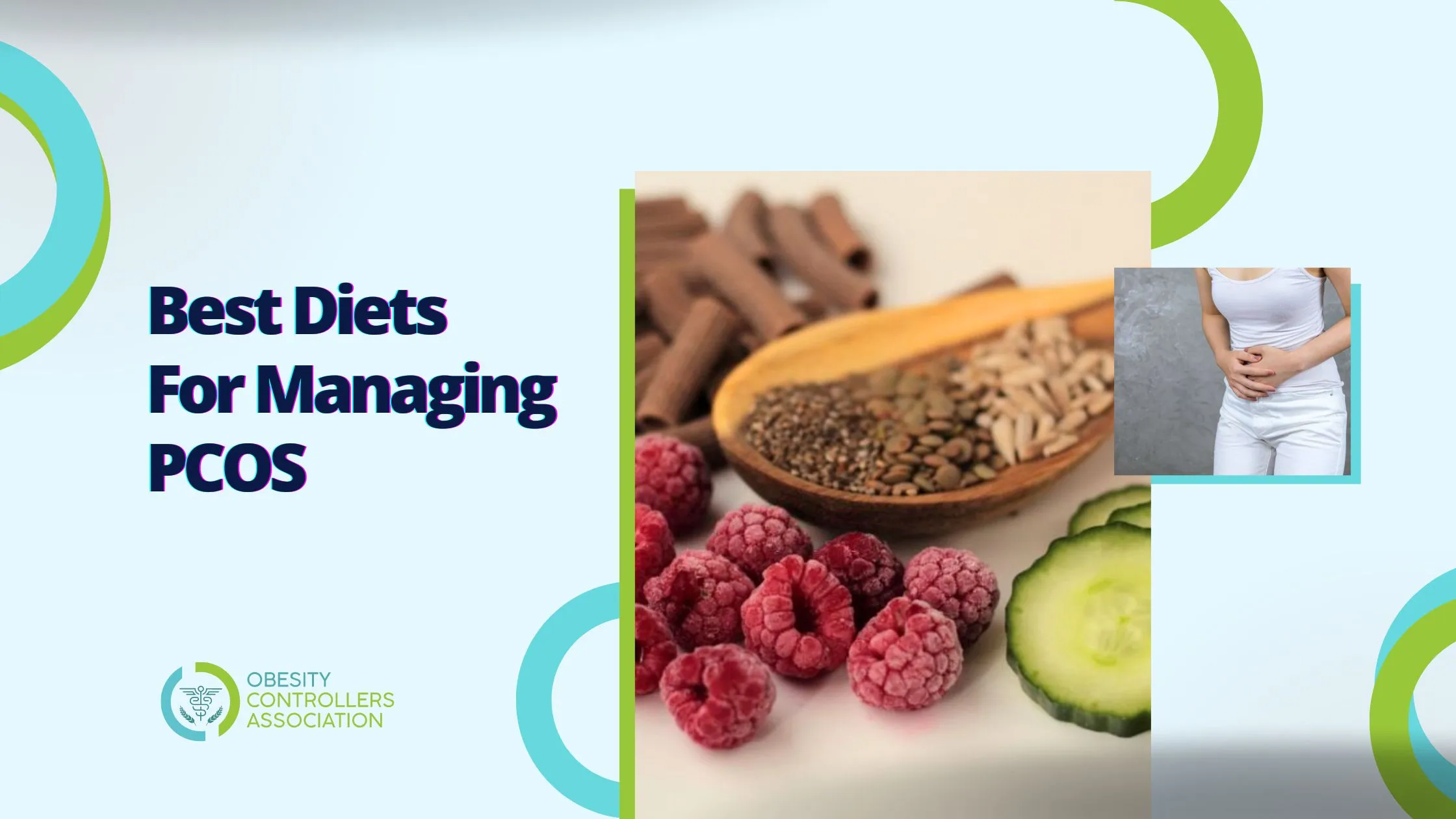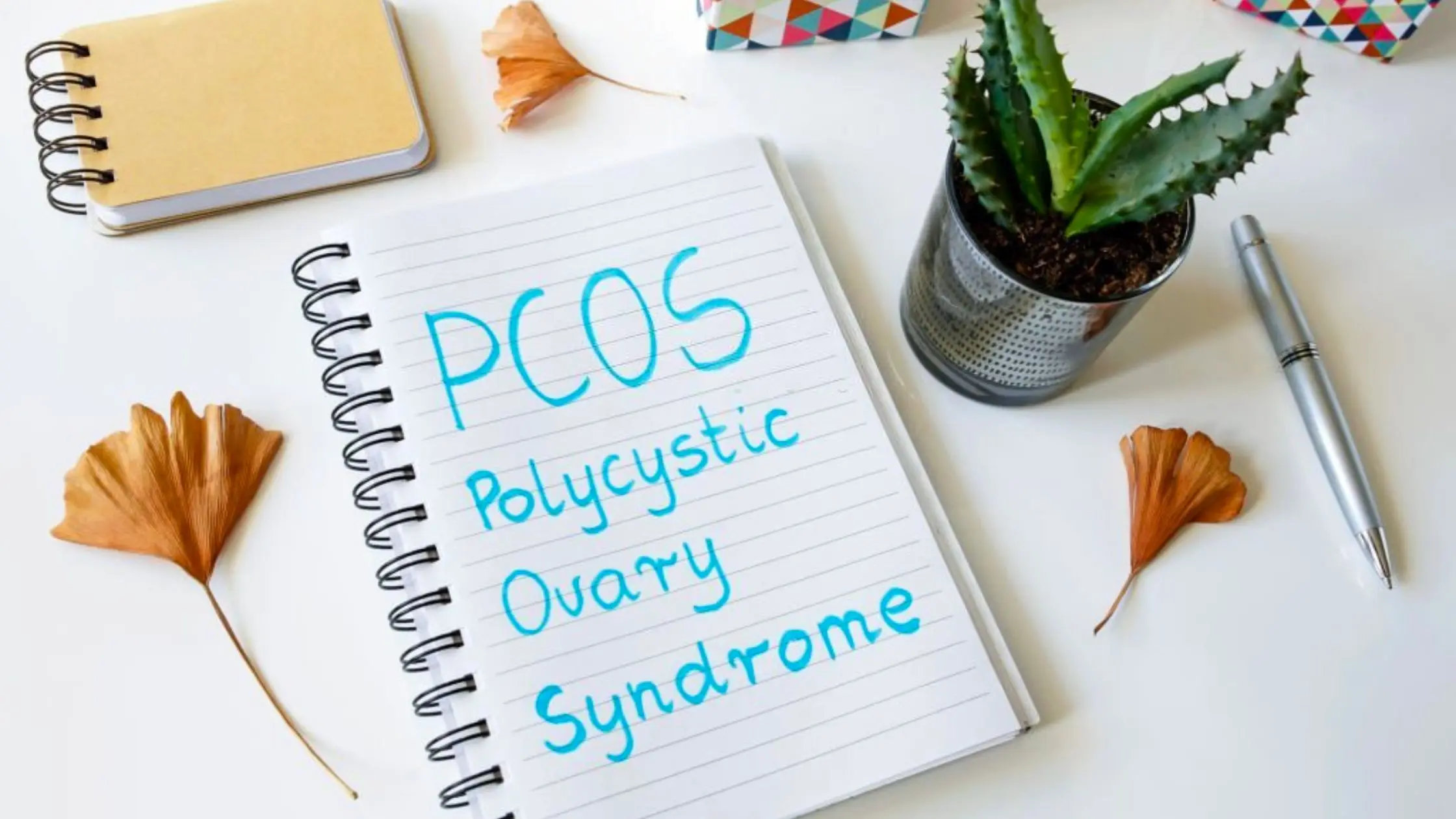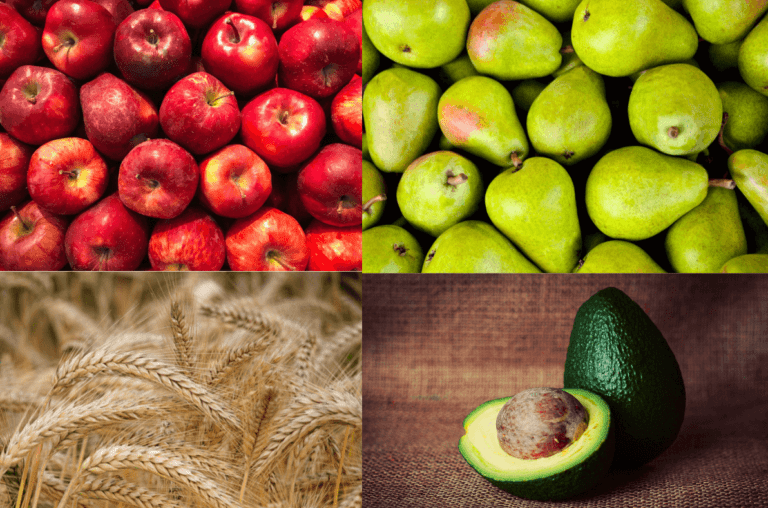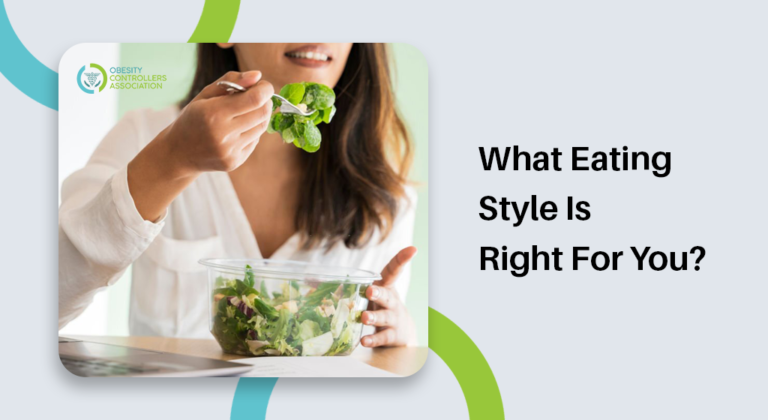PCOS Diet: Ideal Diets, Foods To Avoid, Other Tips, And Lifestyle Changes!

Data from the Centers for Disease Control and Prevention shows that around 5 million US women of reproductive age suffer from PCOS. This amounts to 6% to 12% of the total US population. Being a hormonal disorder, it can even last lifelong and can severely affect fertility.
Even though a proper treatment to eradicate the condition hasn’t been developed yet, by making certain dietary and lifestyle changes some of its symptoms can be treated. Through this article, we will be analyzing how adopting a healthy diet can be effective for PCOS and some of the ideal foods to consume as part of it.
PCOS: An Overview
PCOS is a hormonal condition that affects women aged between 15 to 44. It is also known as Polycystic ovary syndrome. The condition is common among women, but it gets left undiagnosed in most people.
One of the common features of PCOS is that you start experiencing irregular periods. This is because when your body gets affected by PCOS, it produces excessive amounts of androgens, the male hormones.

This results in abnormal hair growth on your face and other body parts. Even though the condition is named ‘polycystic’, cysts need not be developed in your ovaries. In a few cases, there are cysts but they usually are not dangerous or painful.
Some common symptoms of PCOS are detailed below:
- Having irregular or no periods at all: In most women, PCOS starts by showing no periods or irregular menstruation cycles.
- Hirsutism or abnormal hair growth: One of the common symptoms of PCOS is abnormal or excess hair growth in the face, back, chest, or buttocks.
- Weight gain: Obesity or weight gain is one of the widely reported symptoms of PCOS. Around 40% to 80% of women with PCOS have weight gain issues.
- Acne and skin tags: Another common symptom of PCOS is acne or skin tags. These are formed around your face, armpits, or neck.
- Hair loss: Women with PCOS also suffer from thinning of hair or hair loss.
- Skin darkening: Also known as acanthosis nigricans, this dark skin can appear around the folds of your neck, under your breasts, and between the legs.
- The appearance of cysts: In some people, cysts can be found on the ovaries with ultrasound screening.
How Does Diet Affect PCOS?
PCOS can be effectively treated by maintaining some lifestyle changes. This is because if you have PCOS, the chances for you to have obesity, inflammation, insulin resistance, and metabolic syndrome are higher.

Having these conditions can pave the way for other lethal health risks such as cardiovascular disease and diabetes. Due to these factors, certain dietary changes can help you find some relief in the PCOS symptoms.
Studies have found that foods that are high in sugar can cause inflammation and thereby can induce PCOS. So a proper diet is needed to maintain the weight and insulin levels in your body to manage PCOS symptoms.
Recommended: How To Lose Weight With PCOS? Tips And Tricks For You To Try!
Best Diets For Managing PCOS
Choosing healthy food items similar to a Mediterranean diet can be beneficial in reducing weight and insulin resistance in your body. Many experts suggest that you need to include food that is low in glycemic index and has anti-inflammatory properties. Some of the foods to add to a PCOS diet are listed below:
◻️ Low glycemic index diet
A diet that can be practiced to relieve the symptoms of PCOS is a low glycemic diet. The glycemic index is a measurement to rank foods based on their role in blood sugar levels. You need to choose foods with low glycemic index to battle the symptoms of PCOS. Some of the foods that are included in the low glycemic index diet are legumes, whole grains, fruits, seeds, and starchy vegetables.
◻️ Anti-inflammatory diet
Another diet that is favorable for PCOS is a diet that is enriched with anti-inflammatory foods. Some of the foods that are part of anti-inflammatory diets include oily fish, fruits, vegetables, beans, nuts, olive oil, fiber, and seeds.
◻️ DASH diet
The DASH diet is supposed to lower hypertension. The major nutrients in the DASH diet foods are potassium, magnesium, and calcium. But it is also ideal to manage PCOS symptoms. A study published in the Hormone and Metabolic Research journal in 2015 found that women who followed a DASH diet could improve symptoms such as insulin resistance and weight gain associated with PCOS.
Foods To Avoid In A PCOS Diet
There are certain food items to avoid while you are following a PCOS diet. You can check out these food items below:
⚠️ Processed food items such as frozen pizza, packaged snacks, breakfast cereals, hot dogs, sausages, etc.
⚠️ Added sugar foods such as cakes, candies, cookies, cobblers, sweet rolls, dairy desserts, soft drinks, etc.
⚠️ Unhealthy oils such as partially hydrogenated oils, palm oil, coconut oil, etc
⚠️ Processed carbs such as white pasta, white bread, etc
⚠️ Excessive usage of alcohol
⚠️ Gluten-rich foods such as bread, cakes, cereals, wafers, crackers, beer, etc
⚠️ Nightshade plants such as eggplants, peppers, tomatoes, potatoes, etc.
Some Diet Tips To Deal With PCOS
By changing your food habits, you can reduce the symptoms of PCOS to an extent. As we discussed earlier, including certain foods and omitting some of them can be an ideal way to deal with PCOS. Here are some other diet tips to treat PCOS.

✅ Consume smaller meals in frequent intervals: Eating smaller meals frequently rather than bulking down huge main course items can be beneficial for your PCOS. By doing so, you can manage the weight gained from PCOS and give your body enough time to digest and metabolize the fats.
✅ Ditch refined sugar: Quitting sugar from your diet can help with the symptoms of PCOS. Avoid consuming foods higher in refined sugar, artificial sweeteners, high-fructose corn syrup, etc.
✅ Eat more fiber: Fiber-rich foods can help you to stay fuller for longer periods. Studies show that high-fiber food can reduce insulin resistance and belly fat in people suffering from PCOS.
✅ Go with mindful eating: Practicing mindful eating can help with overeating and binge eating. Some of these are associated with PCOS symptoms.
✅ Limit your alcohol intake: Consuming alcohol can increase weight gain and insulin resistance associated with PCOS. So it is better to keep drinking in a limited manner.
✅ Drink more water: Increasing the intake of water can be beneficial for relieving the symptoms associated with PCOS. Water can ease up your digestion and metabolism.
Other Lifestyle Changes To Treat PCOS
Apart from making certain dietary changes, you can treat PCOS with certain lifestyle changes. Some of the tips for making your lifestyle to combat PCOS are listed below:
- Make exercise a part of your daily routine: Having a consistent exercise routine can help with relieving symptoms of PCOS. A research paper published in the Advances in Experimental Medicine and Biology in 2020 suggested that at least 150 minutes of physical activity per week can be effective in treating PCOS.
- Invest in your sleep schedule: As in any case, sleep is utterly important in the case of PCOS too. It is suggested that you should go to sleep early and wake up early. Spending time for late hours can worsen the symptoms of PCOS. Also, resist the urge to oversleep and sleep during the day.
- Practice yoga: Practicing certain yoga asanas is found to be effective in treating symptoms of PCOS. These poses can aid in metabolism, support your immune system, and help with stress and anxiety. Some of the asanas that you need to practice for PCOS are Tadasana, Shavasana, Trikonasana, etc. Make sure to practice yoga for at least 15 to 20 minutes a day.
- Have set meal times: Try to follow the exact times for meals each day. Also, make sure that you have your dinner as early as possible. Do not skip breakfast and incorporate as many healthy food items in your meals.
- Manage your stress levels: If you have high levels of stress and anxiety, it can tamper with PCOS symptoms. Practice activities that can keep your stress levels at a controlled pace. You can try meditation, exercise, therapy, etc for keeping the stress levels at a minimum level.
The Bottom Line
On going through the article, you can understand that by following a healthy diet, some of the symptoms of PCOS can be treated. Being a hormonal disorder, PCOS can result in many irregularities in your body.
It can cause weight gain, menstrual cycle disruption, abnormal hair growth, and even infertility issues. As the condition is characterized by insulin resistance and metabolic issues, incorporating a healthy diet can relieve some of its symptoms.
Some of the diets that are ideal to treat PCOS are the Mediterranean diet, DASH diet, low-glycemic index diet, and anti-inflammatory diet. If you have PCOS it is suggested that you need to omit foods that are high in processed sugars and fats. Also along with certain dietary changes including lifestyle changes such as exercise can relieve the symptoms of PCOS.
Frequently Asked Questions
Yes. Eggs are full of protein which can help in managing weight in PCOS patients.
Some of the fruits that you can consume if you have PCOS are blueberries, blackberries, red grapes, apples, and strawberries.
Certain studies have shown that fasting can change insulin sensitivity and can improve many symptoms associated with PCOS.
Some of the best kinds of exercises for treating PCOS are walking, cycling, swimming, and jogging.
It is suggested that you should drink at least three to four liters of water daily.





